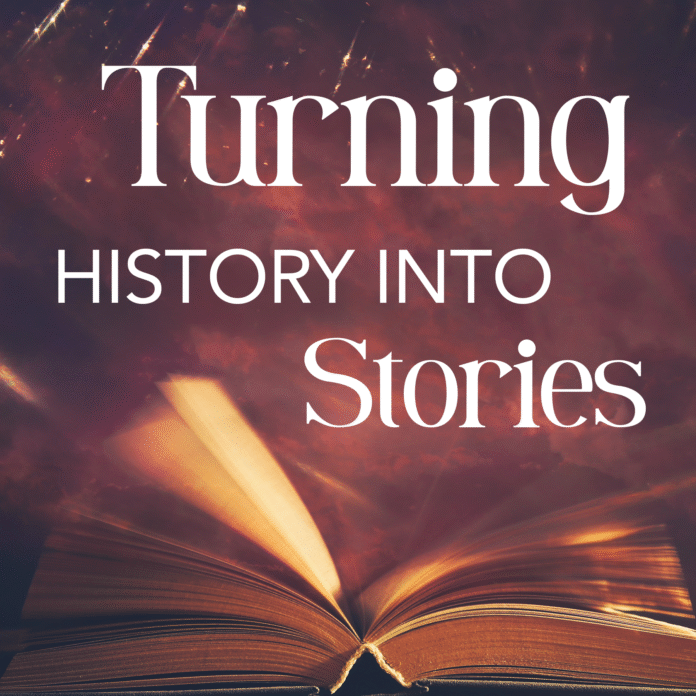By: Kiestin Jackson | April 17, 2025
Clarksdale, Mississippi – I have often found myself being one-of-few Black faces in my educational spaces. Because of those experiences, I’ve been driven to create elevating economic opportunities for my peers and wider cultural communities.
But a trip down Route 61 into rural Mississippi widened my understanding of what opportunity truly means.
I was heading to Cleveland, Mississippi, where I’d be staying while I interned at the Delta Center for Culture and Learning, under their storytelling project supported by the Walton Family Foundation. As cities and communities vanished behind me, I found myself submerged in a sea of green like I’d never seen before, even growing up on my family farm.
The Delta is a microcosm of the world—its racial divides and unshakable interconnections laid bare. I came in as an outsider, but my work at the Delta Center helped me understand where I was. I arrived an outsider, but my work at the Delta Center quickly taught me that no one remains an outsider for long. At the heart of it all were the people, whose stories are too often told by others, reshaped and repackaged by outsiders who have no stake in them.
We worked under the Delta Center’s Cultural Ambassadors. The Ambassadors anchor the Delta Narratives initiative, which seeks to put the agency of telling Delta History back in the hands of Delta residents. More often than not, the Delta’s story is told by people who have no claim to it, and the Ambassadors seek to fix that.
Among the Ambassadors were local farmers, entrepreneurs, creatives, and teachers. As interns, our role was to document them as they underwent their own training, equipping themselves with the tools to tell Delta stories on their own terms. But in reality, they were the ones teaching us. They welcomed us into their homes, their cultural landmarks, and their lived histories. They didn’t just share their stories; they showed us why those stories mattered.
The Ambassadors gave us a lot in the experience. They brought us into their communities, their cultural and historical spaces, and even their homes.
In return, we gave them something back. Our gift was the Delta Ambassadors documentary and the website to house it—a project designed to make their voices heard beyond their own communities. The moment we presented it, I saw what real narrative power looks like. Some were moved to tears; others sat in stunned silence. What we had created wasn’t just a film—it was validation. It was proof that their stories deserved to be told, to be remembered, to be owned.
Seeing their reception to our work shifted something in me. I had always focused on economic mobility for Black people, but I had missed an entirely different avenue to do good. Stories have power. The ability to tell our own stories, to define ourselves rather than being defined, is just as powerful as economic opportunity. It shapes how we see ourselves. It determines how the world sees us. It dictates who gets remembered and who gets erased.
Film, I realized, is my tool to fight for that agency. The Delta Center gave me that understanding. The Cultural Ambassadors showed me what it looks like in action.
I left Mississippi with a newfound purpose. While I still want to increase economic mobility for Black people, I am now balancing that goal with also supporting their narrative agency through film. I owe that vision to the people of the Delta, and I know my journey will bring me back there again. Because investing in Black futures isn’t just about wealth—it’s about who gets to write the story of who we are.
*To report a spelling or grammar error or inaccurate information, please email us at info@clarksdaleadvocate.news.



